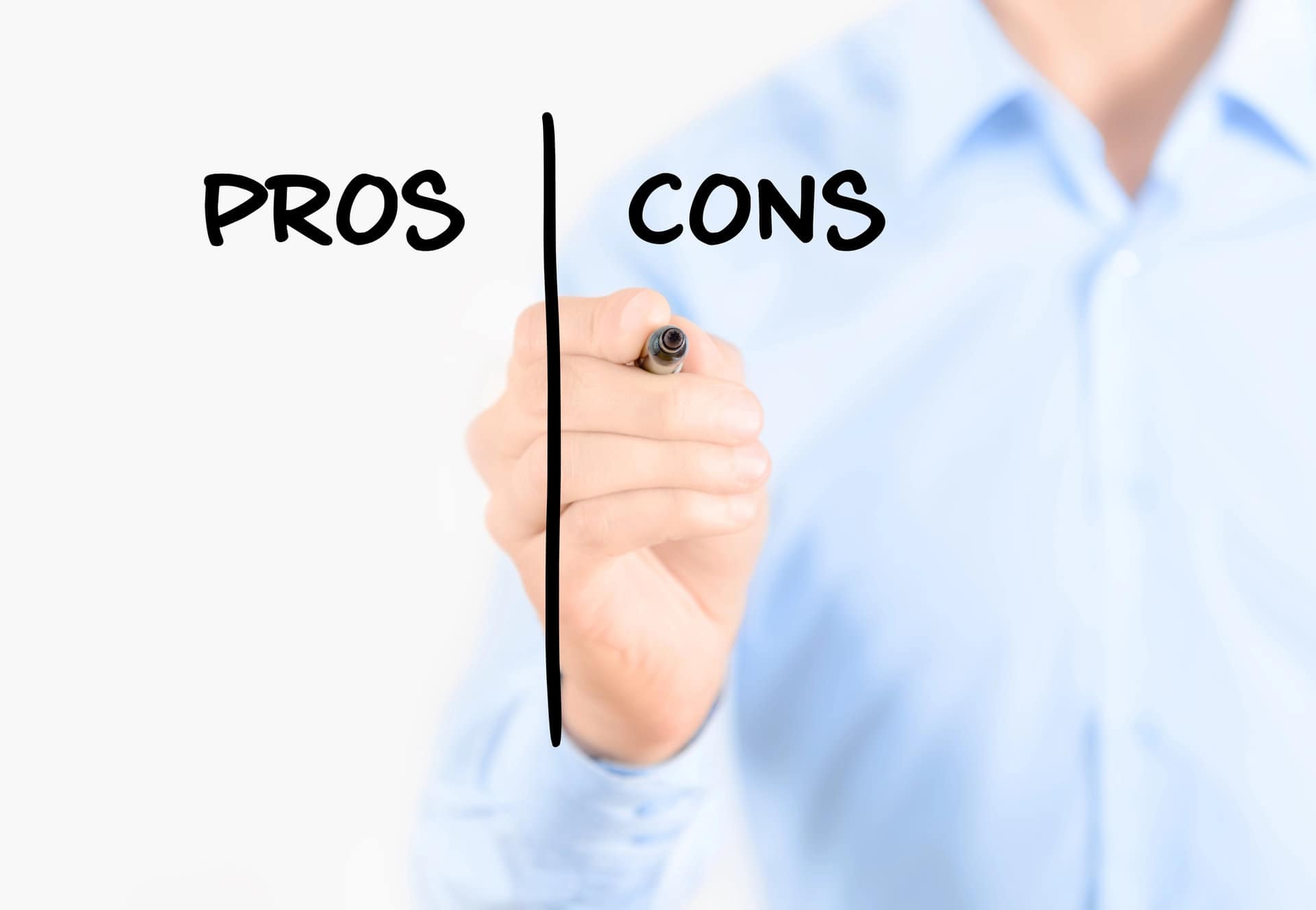This Hurricane Season Could Be Especially Active—Here’s How To Prepare – Forbes Advisor – Technologist
Editorial Note: We earn a commission from partner links on Forbes Advisor. Commissions do not affect our editors’ opinions or evaluations.
The 2024 Atlantic hurricane season may turn out to be especially wild. The National Oceanographic and Atmospheric Administration, or NOAA, predicts this year will see between 17 and 25 named storms, with at least four of them becoming major hurricanes packing winds of 111 miles an hour or more. The season, which runs from June 1 to November 30, brings 14 named storms and three major hurricanes on average.
The number of named storms and hurricanes expected this year is the highest NOAA has ever forecast in its May outlook, and residents of hurricane-prone areas should take note, NOAA Administrator Rick Spinrad said at a May 23 news briefing.
“It only takes one storm to devastate a community, and it’s prudent to prepare now because once the storm is headed your way, it all happens so rapidly you won’t have the time to plan and prepare,” Spinrad warned.
The predictions are based on several factors that tend to favor tropical storm formation: near-record warm temperatures in the Atlantic Ocean, La Niña conditions in the Pacific, lighter Atlantic trade winds and less wind shear.
NOAA’s Climate Prediction Center will update its hurricane season outlook in August.
Colorado State University’s forecast for the hurricane season is in line with NOAA’s. It calls for 23 named storms—including five major hurricanes—and a “well above-average probability for major hurricanes making landfall along the continental United States coastline and in the Caribbean.”
How To Get Ready for Hurricane Season
Hurricane preparedness will help to protect your family and your property in the event of a major storm. The following tips will help you plan ahead:
- Watch for warnings and alerts. You can sign up for texts, emails and phone calls to warn you about hurricanes. The Federal Emergency Management Agency, or FEMA, app provides real-time National Weather Service alerts for up to five locations. You might also consider getting a NOAA Weather Radio receiver.
- Protect your home. Reinforce doors, windows, walls and your roof. Nail plywood on exterior window frames, or consider installing storm shutters. Remove or anchor outdoor furniture, planters and other loose items in your yard.
- Safeguard important documents. Use a waterproof container to store all financial documents, insurance cards, medical records, passports, birth certificates and other legal documents. Keep copies in a secure, password-protected digital space.
- Be ready to evacuate. Plan evacuation routes in advance. Have a bag ready to go with emergency items, clothing and medication. Be sure to include supplies, records and contact information for your pet.
Insurance Coverage for Hurricanes
There’s no single catch-all hurricane insurance policy. Even the best homeowners insurance policy won’t cover all the problems a hurricane can cause. A good hurricane insurance plan combines policies covering wind and water damage.
Homeowners Insurance
A standard homeowners insurance policy will generally cover certain types of wind and water damage caused by hurricanes. However, in some coastal areas, homeowners must buy special windstorm policies. And, depending on your policy, you might have to pay a higher hurricane deductible if you make a storm-related claim.
Flood Insurance
A standard home insurance policy does not cover floods, such as storm surge from a hurricane, but you can purchase separate flood insurance. Most homeowners who get flood insurance buy it through the National Flood Insurance Program. Contact your home insurance agent to buy an NFIP policy. In some areas, private insurers may also offer flood policies.
Windstorm Insurance
Depending on where you live and your homeowners coverage, you might need to obtain a separate windstorm and hail policy or a rider to your current homeowners insurance policy. You might also be able to get wind coverage through your state’s Beach plan or FAIR plan if you don’t have other options.
Find the Best Homeowners Insurance Companies Of 2024



